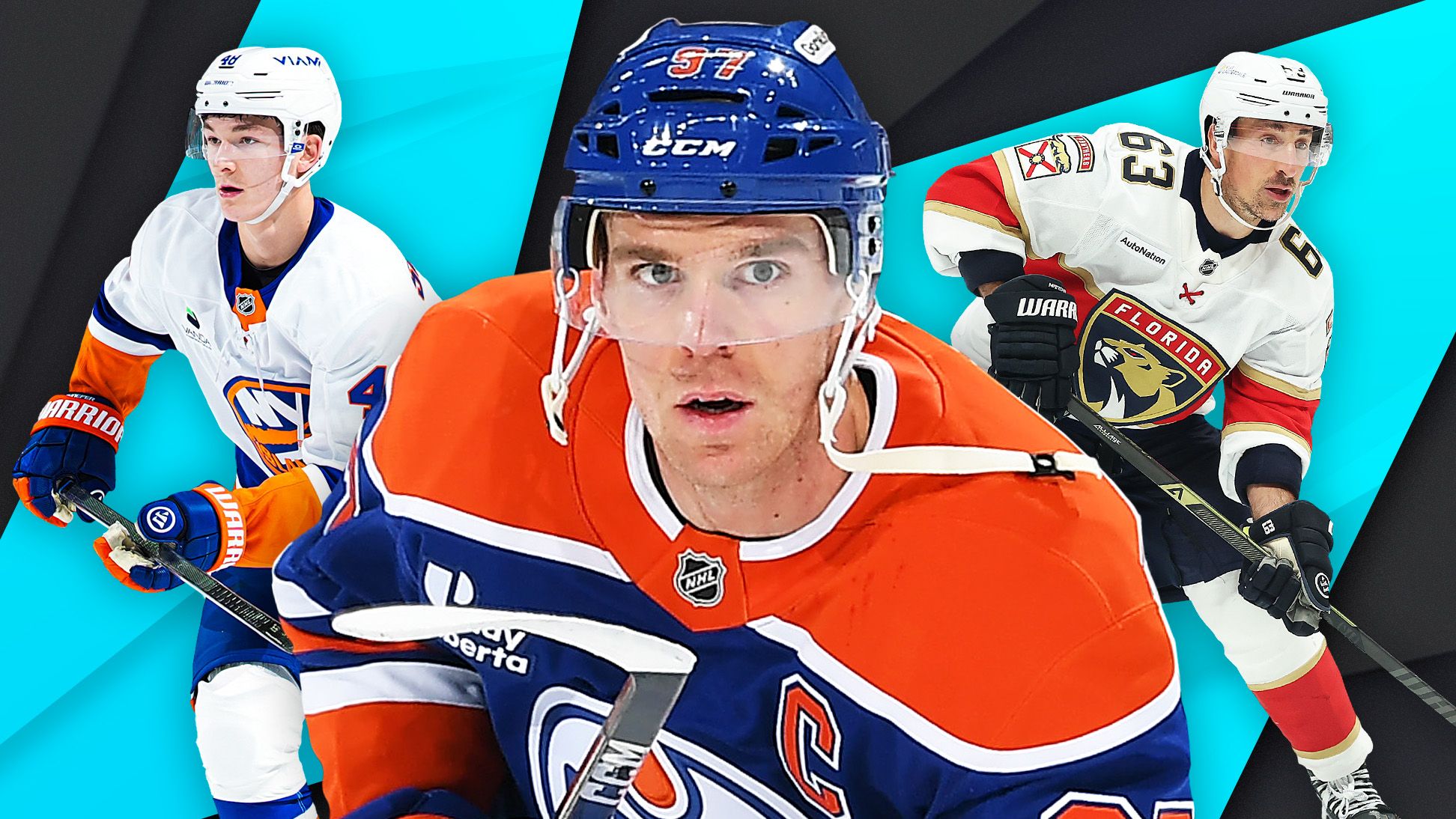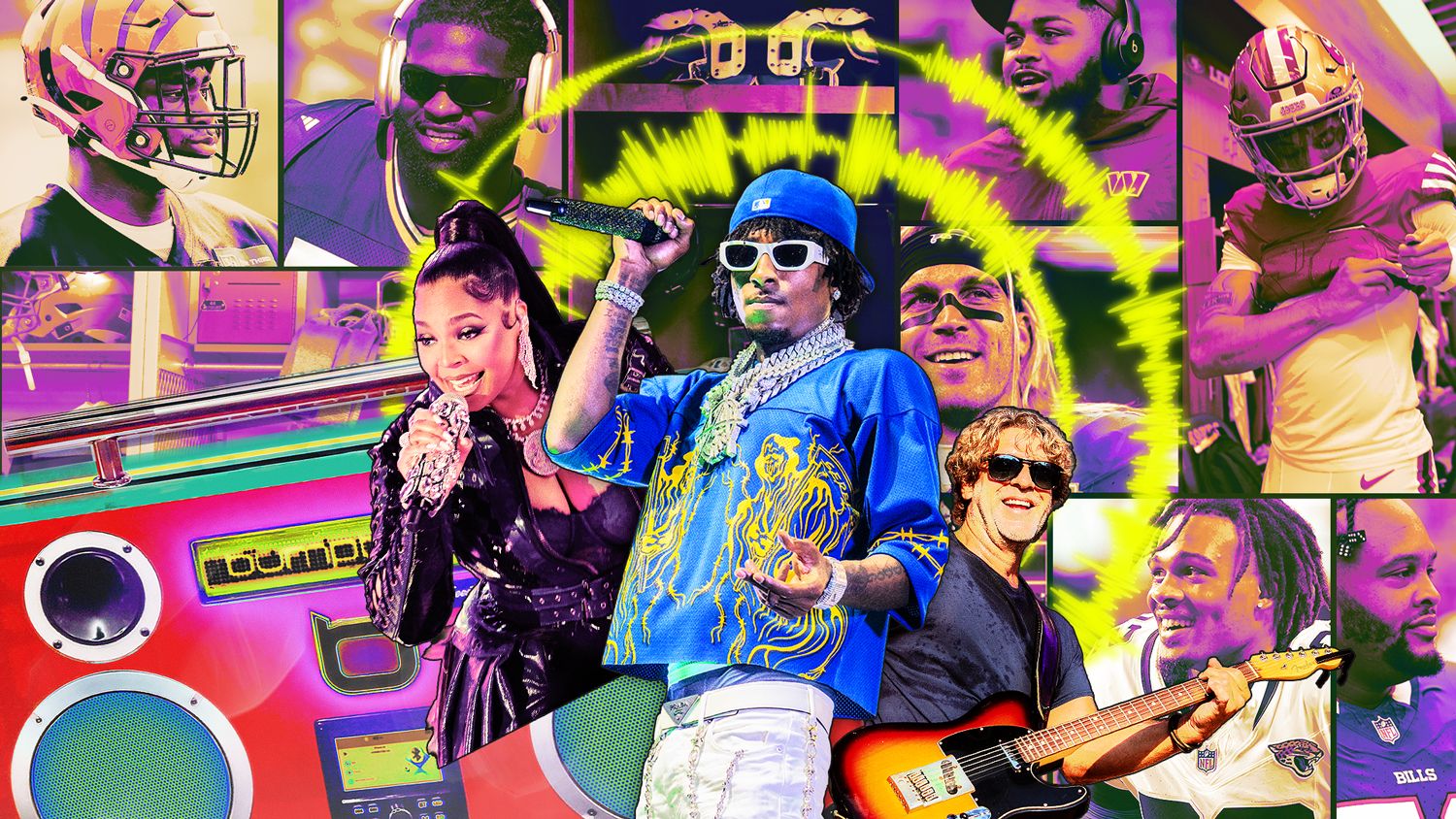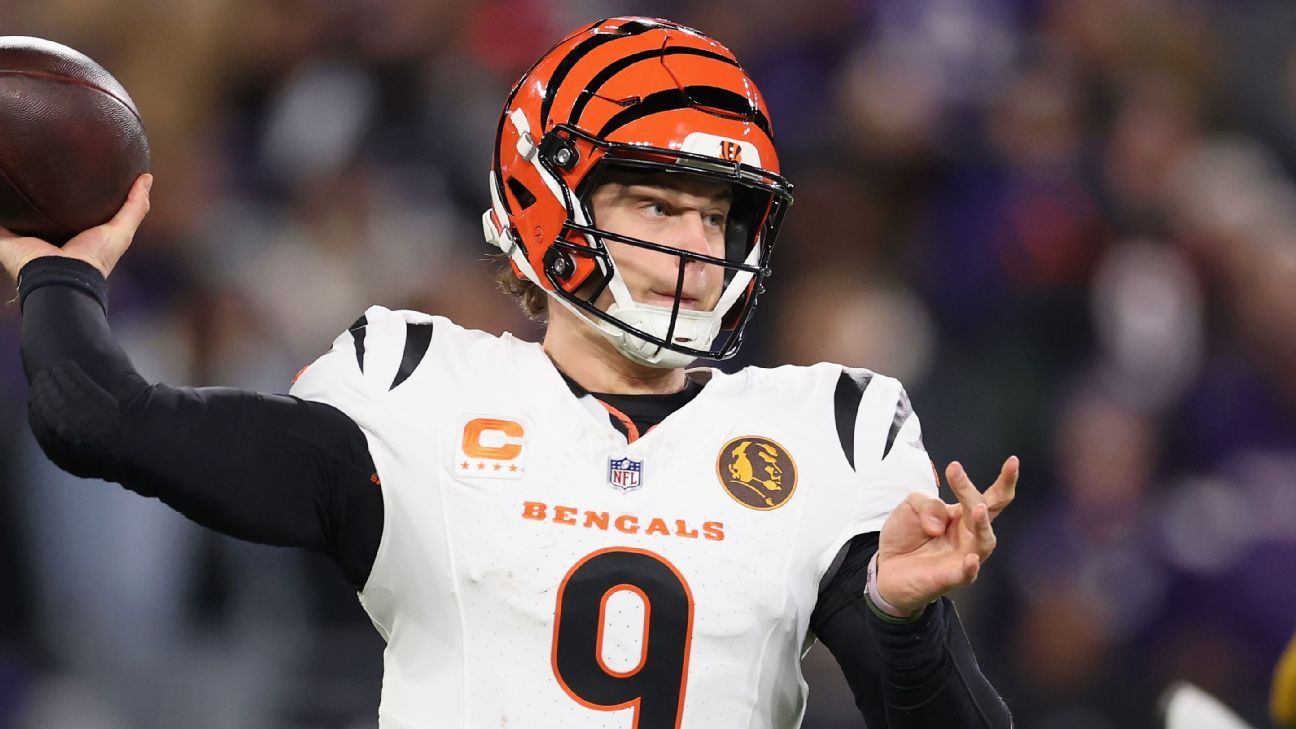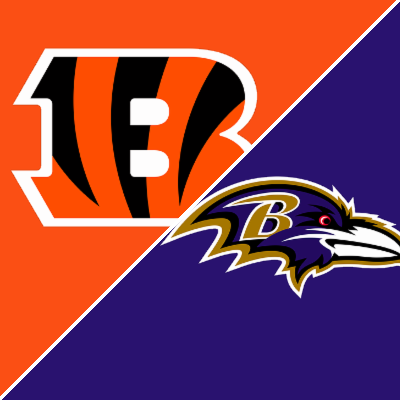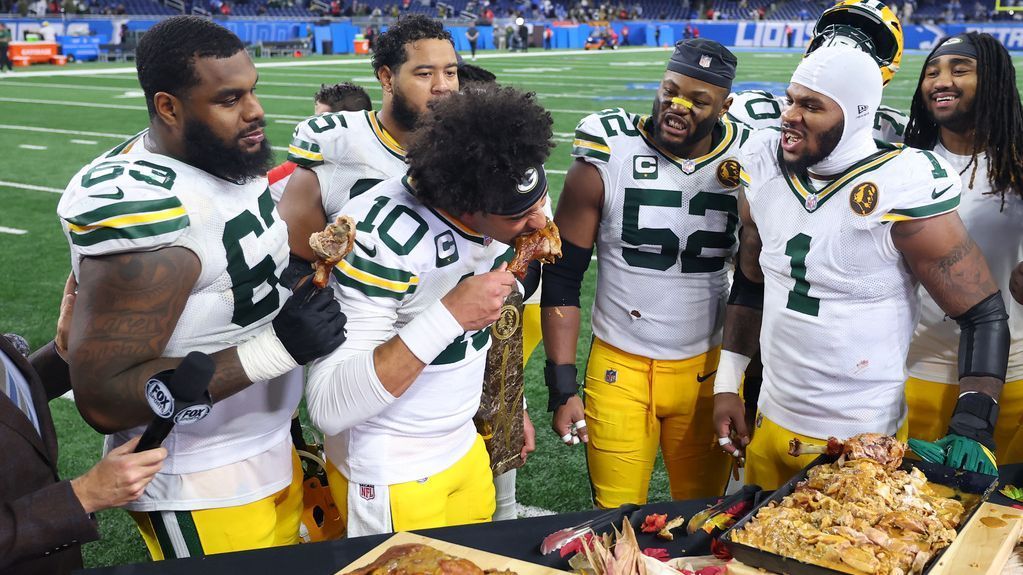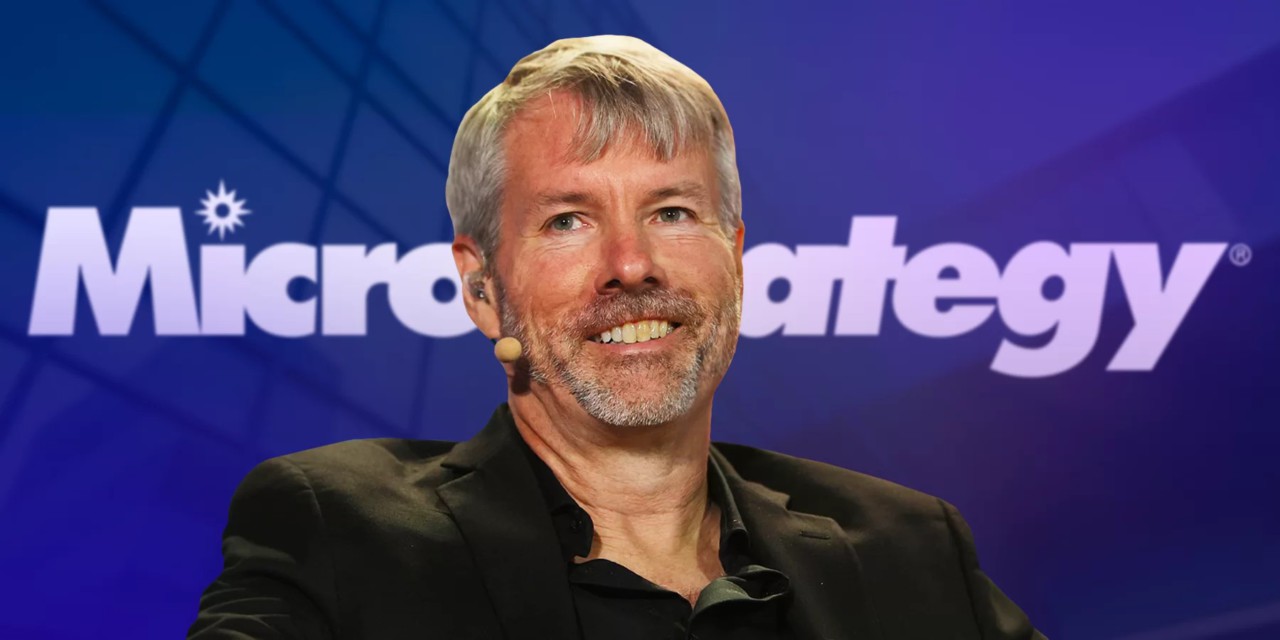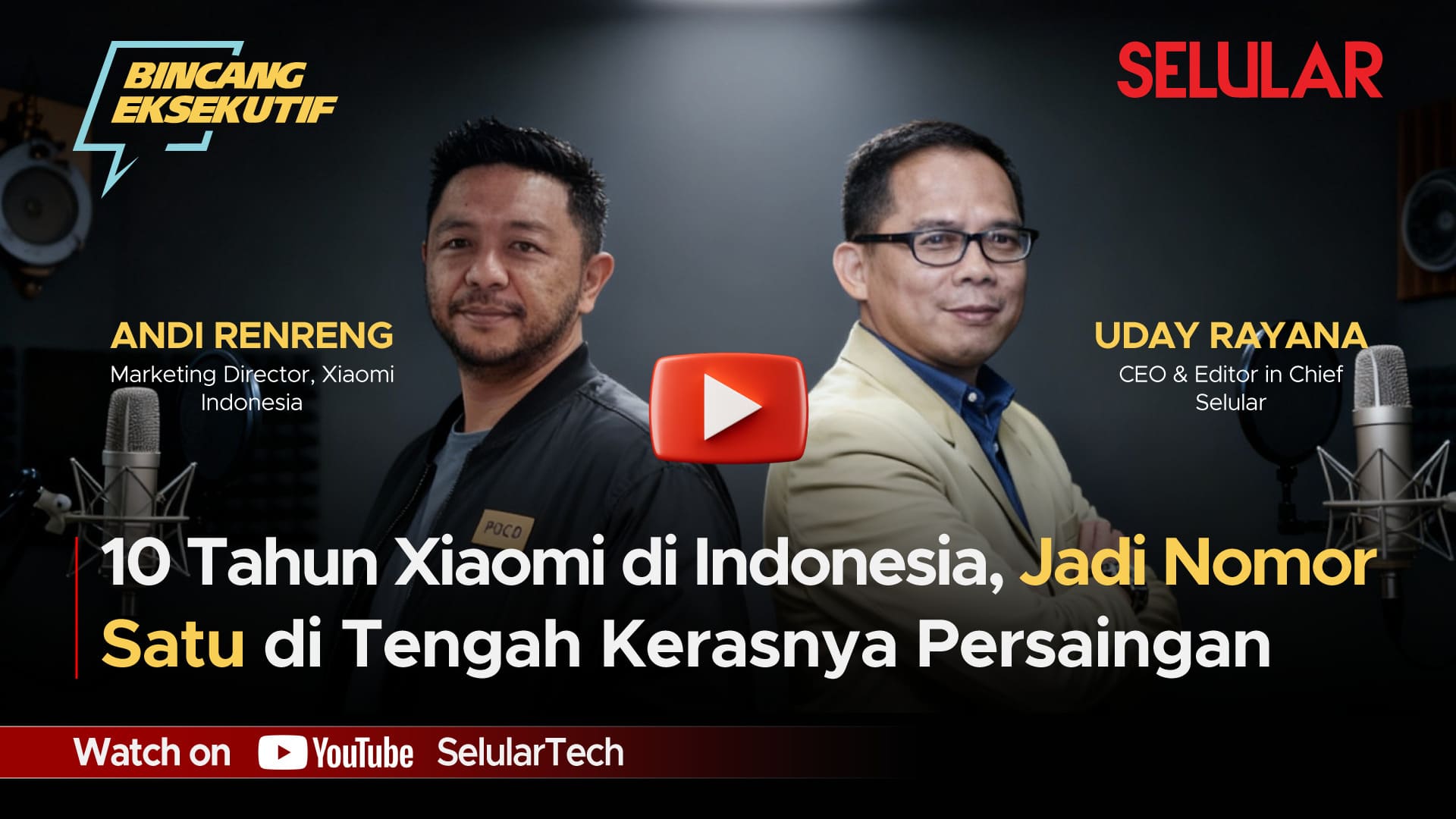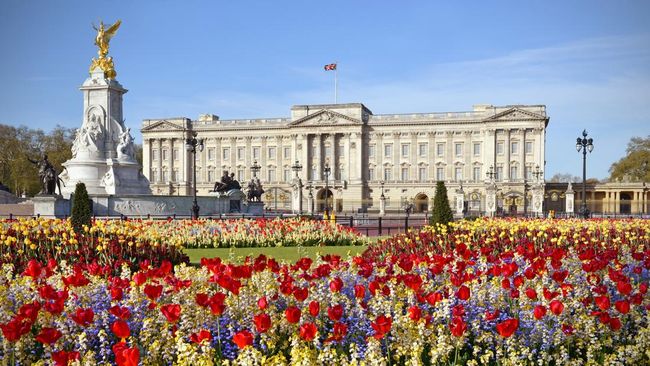
Bradford DoolittleNov 2, 2025, 12:33 AM ET
- MLB writer and analyst for ESPN.com
- Former NBA writer and analyst for ESPN.com
- Been with ESPN since 2013
TORONTO -- ON A night when the Los Angeles Dodgers became the first team in 25 years to repeat as World Series champions, one glorious era in the franchise's history ended, while another one very much looks like it might continue indefinitely.
The Dodgers closed out the Toronto Blue Jays with a 5-4 win in extra innings in Game 7 on Saturday, a fitting finale for what was easily the best World Series of this decade and perhaps much longer than that. As Los Angeles closed in on another crown, it was easy to think about the fourth lefty on the Dodgers' bullpen depth chart, a 37-year-old who just happens to be a future Hall of Famer, and who was watching his last game as an active big leaguer. That end-of-the-bullpen southpaw might very well be the greatest Dodger of them all.
This lefty is Clayton Kershaw, who announced his retirement late in the season and has been on something of a farewell tour ever since, only getting into a couple of postseason games. Kershaw hasn't been a mere bystander: His snuffing of a bases-loaded Toronto threat in the Dodgers' epic 18-inning Game 3 win in this World Series was crucial. And that's gratifying because it means Kershaw was at least a contributor to the third championship of his storied career. He went out on a high note.
While Kershaw is calling it quits, the team he is leaving behind is as strong as it has ever been. Indeed, it might be as strong as any team has ever been when you consider a multiyear window, and the trajectory of the franchise strongly suggests that this already tremendous period of domination is not going to end anytime soon.
As the Dodgers bid adieu to an all-time great, it's worth considering the Kershaw Era as a whole, where the Dodgers were when he arrived in Los Angeles as a touted first-round hotshot, and what they have become since. Which is, simply put, one of baseball's greatest dynasties.
MANY STAR PLAYERS, managers and executives passed through Dodger Stadium over the years, but the post-1988 championship drought stretched on and on. By the time the turmoil during the latter part of the Frank McCourt ownership era gave way to the arrival of the Guggenheim group in 2012, the Dodgers were wallowing in mediocrity even as Kershaw rose to the peak of his profession, winning his first Cy Young award in 2011 and finishing second in 2012.
Kershaw was great but the Dodgers, overall, lacked an identity. They weren't even the economic bullies that they've become. During Kershaw's first five seasons, the Dodgers ranked between eighth and 10th in Opening Day payroll, per Cot's Baseball Contracts.
Then came the Guggenheims and after the 2014 season, Andrew Friedman arrived from Tampa Bay as the Dodgers' lead baseball executive.
"I think when the new ownership group came in, and Andrew came in, I just think it felt very, like, professional," Kershaw said. "It felt very like, 'This is how you do it.' And I was younger, too, so I didn't understand it. But now ... all of us are in it together."
By the time Friedman arrived, the Dodgers' climb back to the elite was already underway. They won back-to-back NL West titles in 2013 and 2014, seasons in which Kershaw added two more Cy Young Awards and an MVP trophy. But the Dodgers' pennant drought persisted.
Since then, the Dodgers have morphed, re-morphed and morphed again, into baseball's most relentless organization. The stars have trickled in nearly every season, either from within or without. For every superstar the Dodgers have acquired, like Shohei Ohtani, Mookie Betts and Freddie Freeman -- like Kershaw, all former MVPs -- others, like Manny Machado and Trea Turner, have come and gone.
The Dodgers' payroll reached No. 2 in 2013 and has remained top five ever since. According to Cot's, seven times, including this one, L.A. began the season with MLB's highest payroll.
Yet all through this rise in revenue and payroll alike, the Dodgers never slacked in scouting, development, analytics, research, medical science or any facet in running an organization. If it exists, the Dodgers are in pursuit of industry leadership in it. And doing so, they have become what some see as baseball's newest evil empire.
"There's always critics," Dodgers manager Dave Roberts said. "We're in a big market. We're expected to win. Our fans expect us to win. I can't speak to what revenue we're bringing in, but our ownership puts it back into players, a big chunk of it. That's the way it should be with all ownership groups."
Increasingly, the subject of organizational identity seems to come up in conversations about industry trends. The idea is that every organization needs to have a clearly defined set or traits, a style of play that serves as a guiding light for everything from scouting, drafting, development, free agency and the trade market.
What is the Dodgers' identity? Really, it's all the above. And more. When the Kershaw joined the Dodgers, they were a proud franchise that arguably was defined by a lustrous past. Now, the Dodgers are the one team that can claim to be all things.
"I think that should be everyone's goal," Tyler Glasnow said. "Try to build the best playoff team you possibly can. You obviously have to get there, and it's a little different for the Dodgers. They have done so many things for so many years, from development to signing guys. They're in a different position than most (teams)."
Whatever their opponents' strength is, the Dodgers are going to do it better. The brain trust in L.A. remains young. The resources keep growing. And so the chasm between the Dodgers and everyone else keeps growing wider.
Kershaw arrived with a franchise with a proud past trending toward the middle. He leaves with one whose ceiling might be too high to identify.
"It starts with Andrew and [Roberts] and all the way down," Kershaw said. "There's no hierarchy here. Everybody does their job in trying to win the game. There's not one thing that's more or less important than the other thing."
ONE THING THAT strikes you when you're around the Dodgers is the degree of loyalty that their players express to the organization. Certainly Kershaw himself could have left a number of times, and in recent years when he worked on one-year contracts, there were frequent rumors that perhaps he might want to finish his career with his hometown Texas Rangers.
But Kershaw never left, and the Dodgers never tried to push him out, even though they could have likely replaced his late-career rate of production with a younger, more cost-efficient player. Instead, they let Kershaw linger in his annual decision on whether to keep going and rolled out the red carpet when he wanted to return. Because of that, he will become one of the most precious things in baseball: a one-team Hall of Famer.
But it isn't just about how they treat their stars. Take Miguel Rojas, once the starting shortstop for the Miami Marlins, who has become a fringe player in L.A., a defensive specialist and sometimes starter when other players are injured. The Dodgers are his original organization and even as his career has iterated, he remains Dodger blue at heart.
"The Dodgers gave me an opportunity to go to minor league camp in 2013," Rojas recalled after Game 6. "Then I got a chance to play in the big leagues in 2014 when I really wasn't an impact player in the minors. They gave me an opportunity, and I will never forget that."
Enrique Hernandez cited the communication between the team and the players as what separates the Dodgers from other teams.
"Other organizations, they're like, 'We're going to do things our way, and you're just a player, you work for us,'" Hernandez said. "But I think these guys just want to make sure that we're on top of our game at all times."
That too, is what the Dodgers have become: a team that players want to play for, where they feel appreciated.
"Even playing against them, watching, it was just always in the back of my mind -- I wanted to be a Dodger and play on that team," Blake Snell said during the National League Championship Series. "To be here now, it's a dream come true. I couldn't wish for anything more."
The Dodgers don't sign every free agent, though last winter it felt like it at times. As the Dodgers' payroll has increased, so has their international influence. Of course, the marquee signing was Ohtani during the 2023-24 offseason. Following in his footsteps have been Yoshinobu Yamamoto and Roki Sasaki, both of whom played vital roles in the Dodgers' run to the latest championship.
Accompanying the focus on overseas stars has been a tremendous growth in business partnerships looking to capitalize on the overwhelming popularity and attention that is given to the Japanese superstars, particularly Ohtani. So the Dodgers' revenue not only keeps growing, but it's hard to imagine what the ceiling for it could be.
Yet despite the depth of resources, the Dodgers have not annually led the majors in payroll. They've been able to play footsie with the various luxury tax thresholds because on top of all of the money that goes into their big league roster, they are still cutting no corners in their scouting and development program, either internationally or in the states.
As a proxy to illustrate how consistent the Dodgers' pipeline is, consider this: According to Baseball America's annual preseason prospect ratings, the Dodgers have not ranked outside of the top 10 since 2013. This season, which they entered with baseball's highest payroll and a brand new World Series trophy in tow, ESPN's Kiley McDaniel ranked their system No. 1 in the sport.
"People just overlook the fact that every year we probably have a top-five farm system in baseball," Roberts said. "This year I think we probably have the No. 1 or No. 2. We pick at the bottom of the draft every year, towards the bottom, and we still have young guys, whether by way of trade or development, that continue to help and contribute."
This is what it all comes down to. The Dodgers aren't beating everyone in just spending or just analytics or just scouting or just development or just free agency. They are beating everyone in everything.
"You see free agents, and you see other guys, they want to be a part of something that is built to last," Kershaw said. "We don't want to be one-hit wonders as free agents. You know when you sign up to be a Dodger that you'll be in these (playoff) situations."
No, the Dodgers aren't a shoo-in to win the World Series every year. The just-completed World Series was the perfect illustration of that. With a bounce here or there the other way in two of Toronto's losses, the Blue Jays would be champs and Game 7 would have never happened. That's always going to be the case in baseball's current playoff format.
But the Dodgers are a virtual shoo-in to be considered a leading World Series contender every year. The early 2026 title odds began to circulate this week and -- spoiler alert -- the Dodgers are already prohibitive favorites to win the 2026 World Series.
If you have Dodger fatigue, you better put on a pot of coffee, because unless something drastic changes, they are not going away for a very, very long time. And if you wonder what that means in the context of baseball history, consider this: The great New York Yankees dynasty, the lineage that stretched from Ruth to DiMaggio to Mantle, lasted from 1921 to 1964.
When a team reaches this ongoing level of organizational success, hovering above all others, it can create a self-reinforcing dynamic that lasts for decades. The Dodgers are in Year 13 of their current postseason streak, with five NL pennants and now three World Series titles, but they very well might just be getting started.
"The mainstays that we have in our lineup, that are going to be here for a long time, and just the continuity, the expectation now is this, every single year, and that's not easy to do," Kershaw said. "But that's what everybody expects."
THE ARGUMENT THAT Kershaw is the greatest Dodger ever is an easy one to make. Certainly, this is subjective, but it's a proposition with a statistical defense. This isn't to diminish the impact of legends like Jackie Robinson, great for ways far beyond what he did on the field, or Sandy Koufax, whose comet-like career ended at age 30 because of injury. That's just it: Many of the Dodgers' all-time greats either had short careers or spent a lot of time with other teams.
Take a bottom-line metric like the Baseball Reference version of WAR. You can always quibble about the conclusions of WAR, particularly when it comes to pitchers, but when one player has a sizable edge over another, WAR is probably right. Kershaw has a sizable edge over every former Dodger, with his 80.9 bWAR far ahead of second-place Pee Wee Reese (68.5).
Maybe this will change in time, especially if Ohtani plays into a ripe old age, but for now it's pretty clear that in terms of cumulative accomplishment, Kershaw is the most prolific Dodger who has ever lived.
Here is where the strength of the Dodgers might be best illustrated. For some teams, the loss of a franchise icon can be a little discombobulating because that player is so entwined with the identity of what the franchise has become.
With these Dodgers, there's no such concern. It's not to take away one iota from anything that Kershaw has ever done. It's just that with Ohtani around as one of the most famous athletes on the planet, and Betts and Freeman among the best players of their generation as sure-fire Hall of Famers, the Dodgers have an identity without Kershaw.
He has been the constant through all of this, the golden link in the great chain that binds an era of one of baseball's flagship franchises to the next. For much of Kershaw's career, especially when it came to the postseason, it felt like he was tasked with carrying the Dodgers on his back as he built a legacy and a resume that stands right alongside that of any other pitcher in the history of an organization that has produced some of baseball's best, not the least of whom is Kershaw's close friend Koufax.
Yet by Saturday's finale, Kershaw's presence on the Dodgers was really more luxury than necessity, and that's certainly no insult to the great lefty. It simply speaks to the behemoth that the Dodgers have become.
Once, the Dodgers' success was attached to the question of how far Kershaw could take them. By the time he celebrated with his teammates for the last time on Saturday, the worm had turned. The Dodgers had become so powerful that as the final chapter came to a close, Kershaw was just a passenger on one of baseball's most glorious rides, one whose end is so far away that no one can imagine when or where or if it will ever end.
.png)
 4 months ago
55
4 months ago
55






